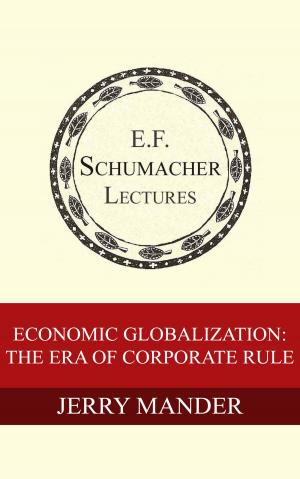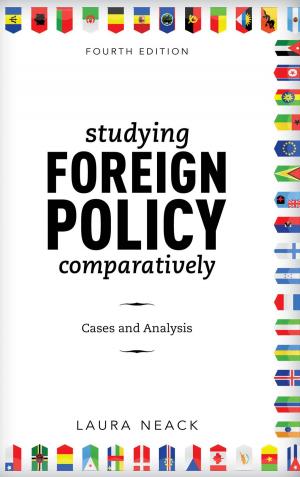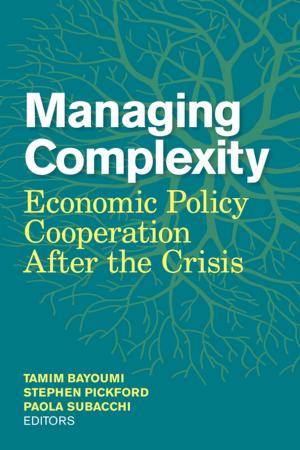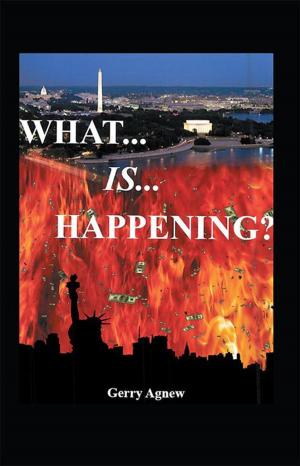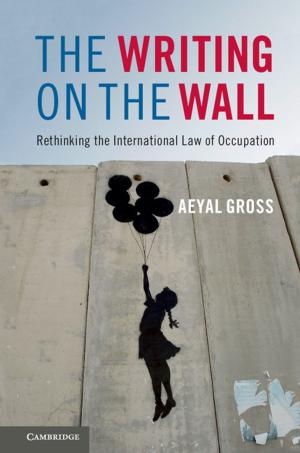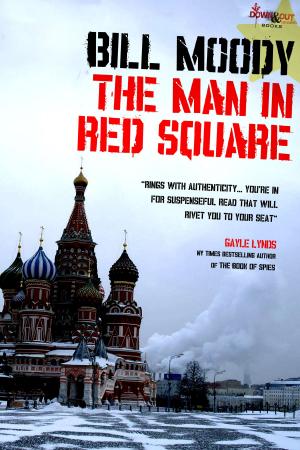| Author: | Barry Rubin | ISBN: | 9781301496419 |
| Publisher: | Barry Rubin | Publication: | February 17, 2013 |
| Imprint: | Smashwords Edition | Language: | English |
| Author: | Barry Rubin |
| ISBN: | 9781301496419 |
| Publisher: | Barry Rubin |
| Publication: | February 17, 2013 |
| Imprint: | Smashwords Edition |
| Language: | English |
When writing a book, an author often has the sensation of being surrounded by that topic. In the case of anti-Americanism that experience was particularly strong. As the 21st century began it seemed as if the amount of criticism the United States was receiving around the world was matched only by the quantity of passionate debate about why this was happening.
Almost every day brought more evidence that anti-Americanism was an omnipresent global phenomenon. A Hollywood film star living in France likened his native country to a “dumb puppy.” 1 A film, “Barcelona,” that just happened to be on television was about two Americans living amidst anti-Americanism in Spain during the 1980s. In Muslim-dominated northern Nigeria, there were rumors that a U.S.-backed campaign to give polio injections was a plot to kill Muslims by spreading AIDS.2
Yet as this project was being conceived the situation should have been the opposite. The United States had attained victory in the Cold War against communism, which had begun immediately after it had done the same thing in a war against fascism. Moreover, there had been the September 11, 2001, attack on America, the single most horrific terrorist attack in world history. Although the event itself showed the extent of anti-Americanism in the Middle East, the United States on September 12 should have been at the height of its global popularity, sympathized with, praised and appreciated around the world, whatever undertone of reasonable criticism also existed.
When writing a book, an author often has the sensation of being surrounded by that topic. In the case of anti-Americanism that experience was particularly strong. As the 21st century began it seemed as if the amount of criticism the United States was receiving around the world was matched only by the quantity of passionate debate about why this was happening.
Almost every day brought more evidence that anti-Americanism was an omnipresent global phenomenon. A Hollywood film star living in France likened his native country to a “dumb puppy.” 1 A film, “Barcelona,” that just happened to be on television was about two Americans living amidst anti-Americanism in Spain during the 1980s. In Muslim-dominated northern Nigeria, there were rumors that a U.S.-backed campaign to give polio injections was a plot to kill Muslims by spreading AIDS.2
Yet as this project was being conceived the situation should have been the opposite. The United States had attained victory in the Cold War against communism, which had begun immediately after it had done the same thing in a war against fascism. Moreover, there had been the September 11, 2001, attack on America, the single most horrific terrorist attack in world history. Although the event itself showed the extent of anti-Americanism in the Middle East, the United States on September 12 should have been at the height of its global popularity, sympathized with, praised and appreciated around the world, whatever undertone of reasonable criticism also existed.



